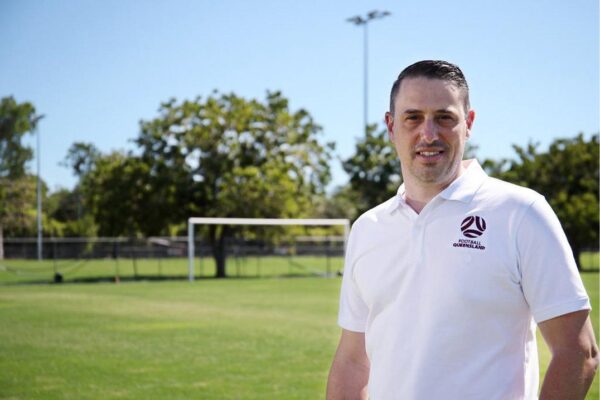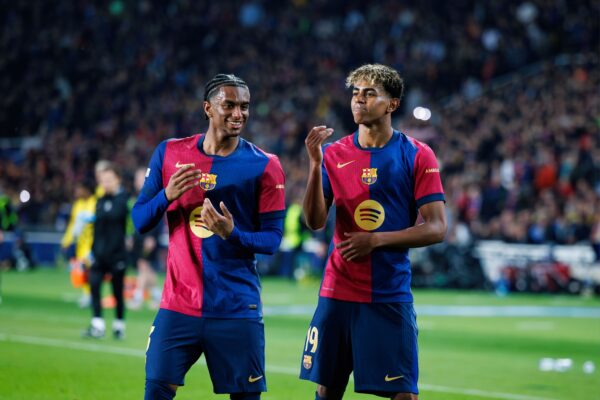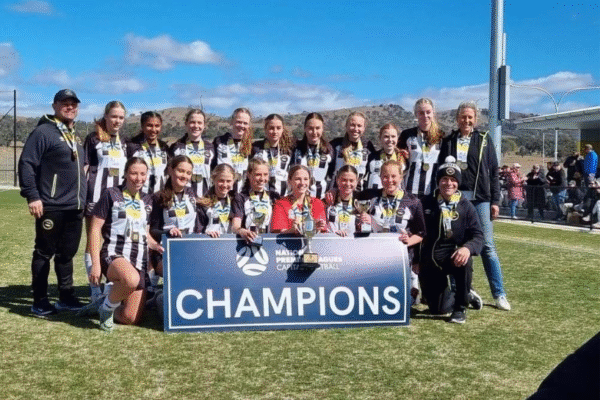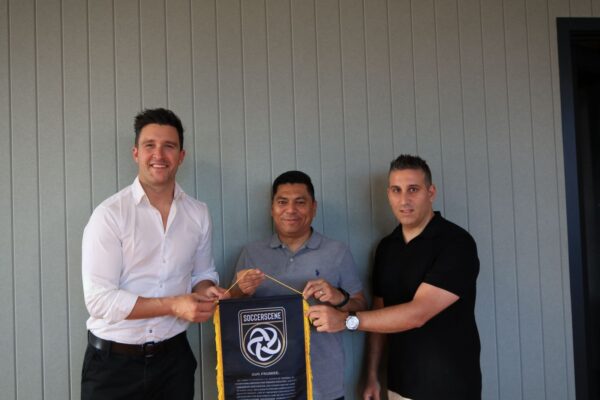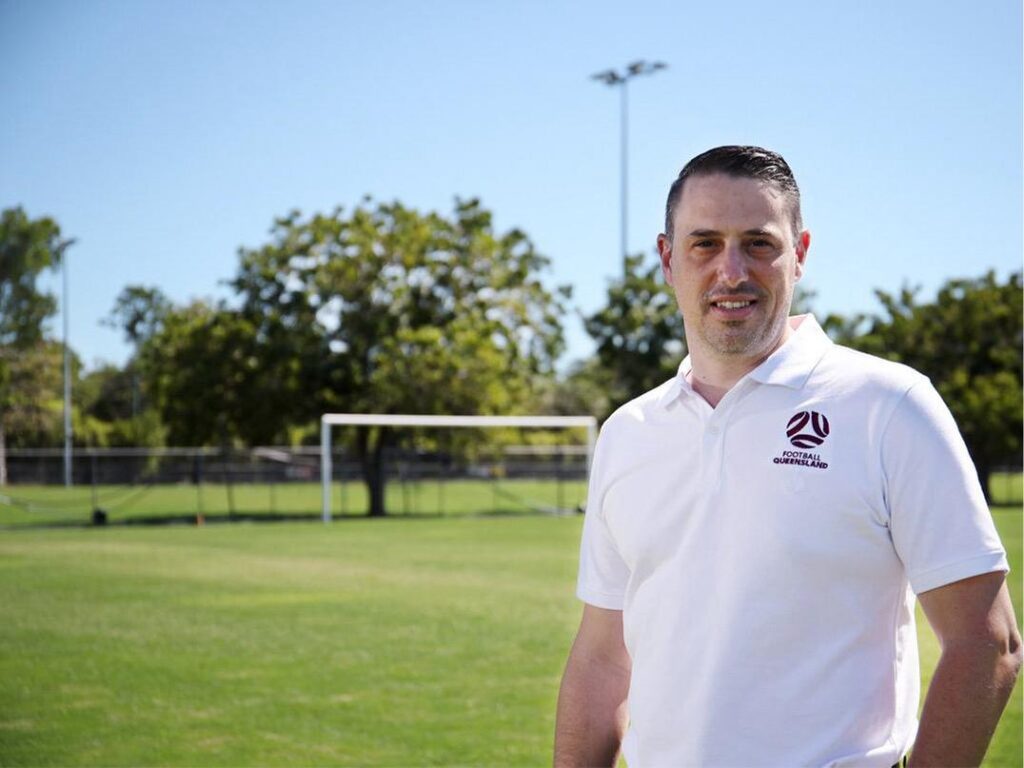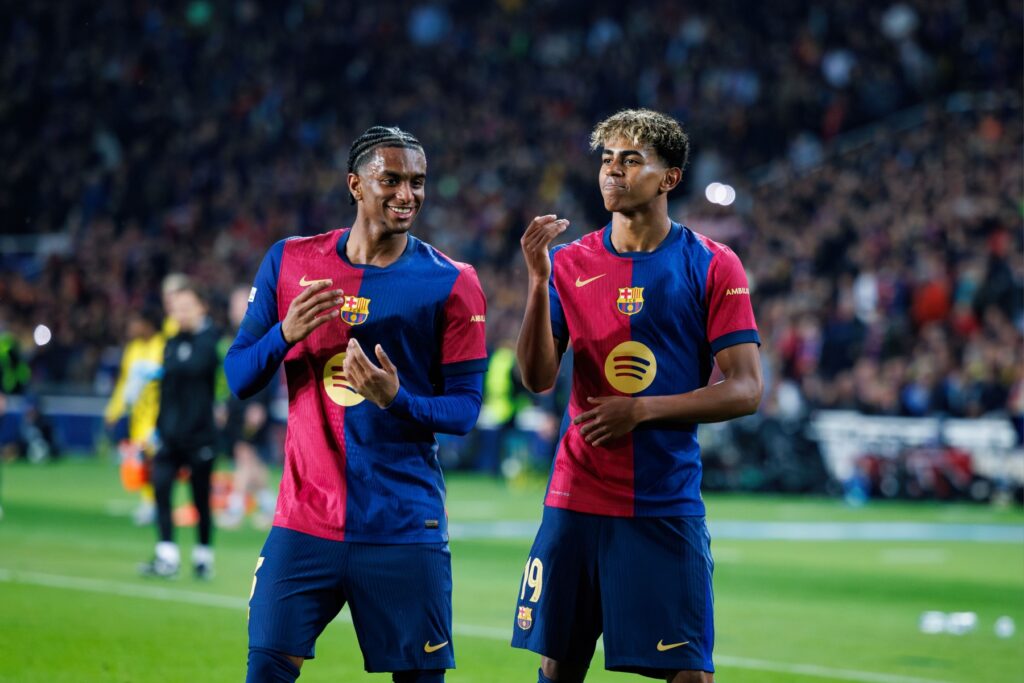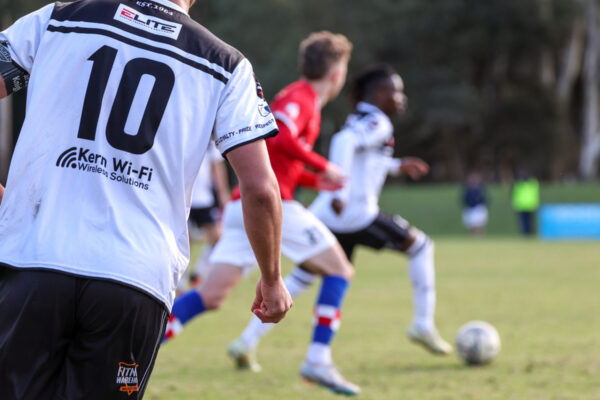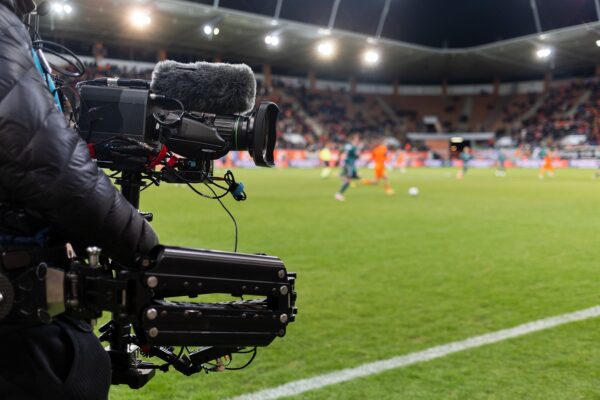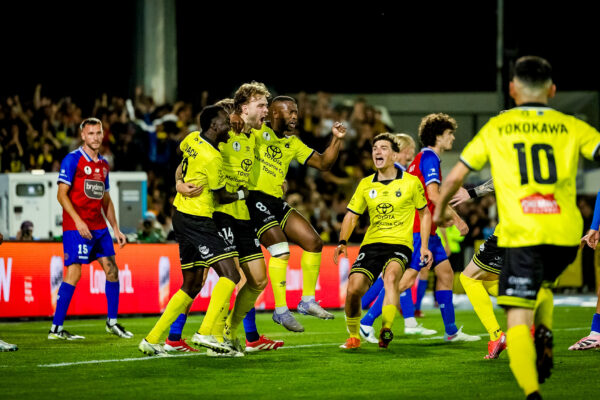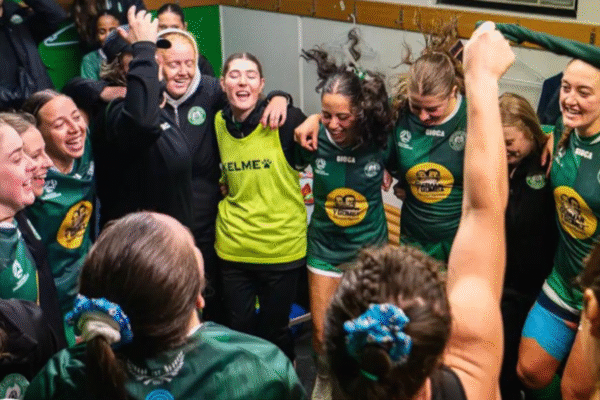
A dynamic and progressive sporting organisation is responding to the current demand for on-line content and the need for the football community to remain connected and engaged whilst the on-field action is halted.
The Football Business Network will host a virtual networking event on Friday April 3rd at 6pm, featuring former Glasgow Rangers, Socceroo and Brisbane Roar defender Craig Moore. The modern Australian footballing great will appear live, answering questions from a digital audience and reflect on the current crisis that threatens the immediate future of football both domestically and internationally.
There is also scope for broader issues to be raised, with the Socceroos, Olyroos, coaching, player development and Australia’s current position in Asia, likely topics on the agenda.
The event is jointly presented by Football Coaches Australia; the voice for coaches around the country, and aims to bring football back to the people for at least an hour, as the round ball game continues in indefinite hiatus for at least the short term future.
Click here to secure your registration for the free event
CEO of the Football Business Network James Boyle has once again displayed his progressive and experimental thinking by morphing modern technology, the fans and the demanding situation in which we all find ourselves at the current time. The result should be a dynamic, unique and ground-breaking event for Australian football, with one of its finest appearing and responding to the questions raised.
Boyle birthed the network in 2018 in an attempt to provide business executives and football people the chance to network in a relaxed and informal setting, as well as providing opportunities for businesses to expand their brand through sponsorship and marketing opportunities.
I can vouch for the quality and organisation of the events held thus far, having attended the inaugural event in Sydney in late 2018. On that night, current Rydalmere FC manager and former Dundee, Aberdeen, Glasgow Rangers and Scottish International Gavin Rae spoke eloquently when responding to questions from fans, journalists and business executives. The network also hosted a Q and A event featuring Socceroo coach Graham Arnold in 2019.
On this occasion it will be the turn of one of Australia’s greatest modern players to reflect on the state of the game, its limitations and the likely direction it will take in the future; particularly considering the current global situation.
Moore played 175 games with Rangers across two spells at the club, spent time with Newcastle United and Crystal Palace in the UK and also played 62 times in the A-League for Brisbane Roar in what was a storied and heralded career.
As a member of the 2006 World Cup squad, the Sydney born defender will forever live in the annals of the Australian game; converting a penalty against Croatia that aided the Socceroos’ advancement to the knock-out phase of the tournament.
Always a forthright, honest and knowledgeable leader, Moore’s openness and passion for the domestic game will meld perfectly with an expectant and enthusiastic audience, keen to hear what the 42-year-old has to say about the game in 2020 and the future direction it is likely to take.
Once registered, attendees need only follow the instructions provided in a confirmation email and join the meeting at 6pm on Friday the 3rd of April. The discussion is expected to run for an hour yet overtime seems likely with registrations building as the date draws nearer.
It should be a fantastic event, offering support for the football community during an undoubtedly stressful time, whilst also providing an opportunity to listen to one of the best players ever to wear the famous Socceroo kit.



